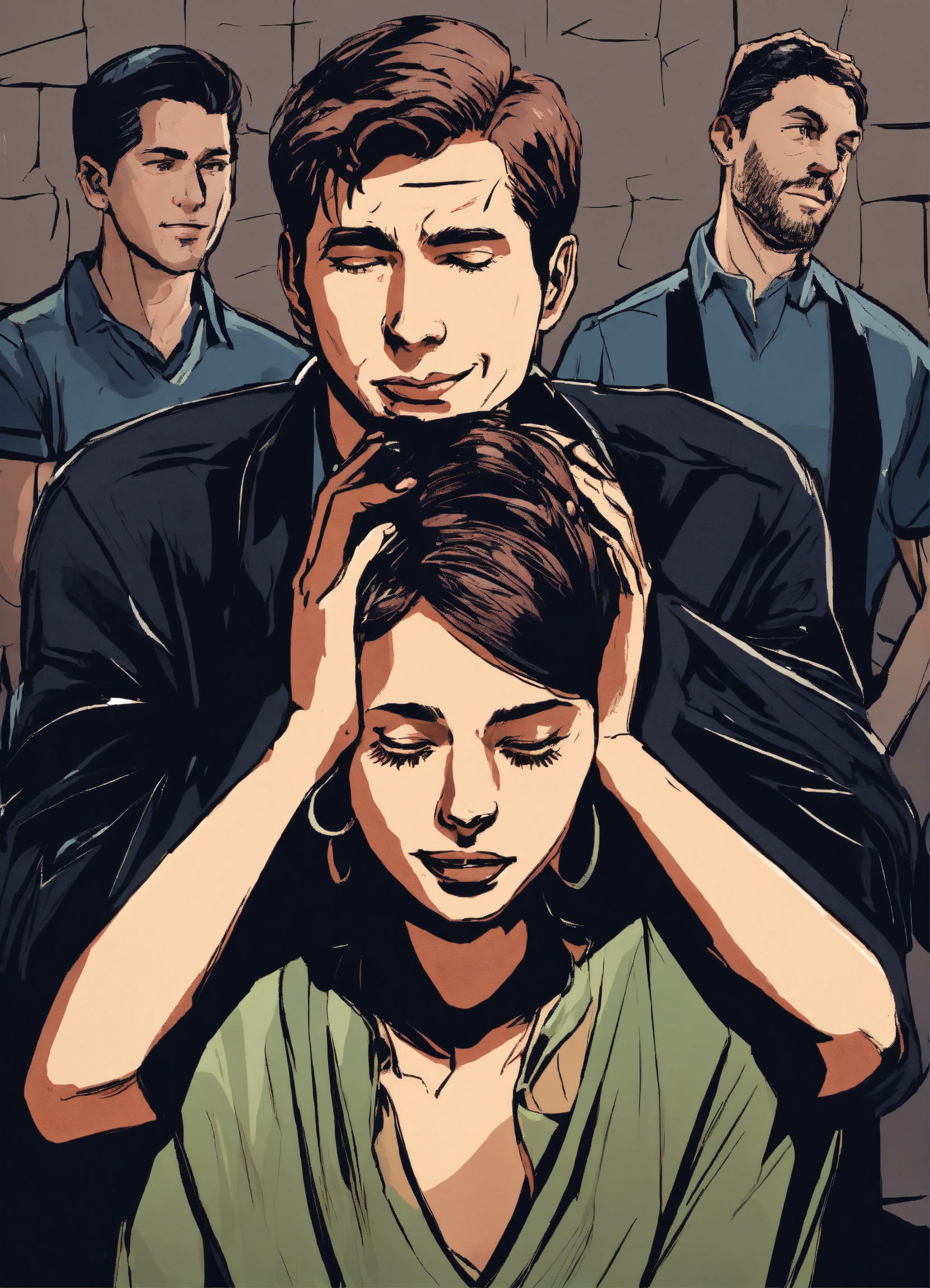Breaking the Silence: Teen Stories of Overcoming Bullying 555

Breaking the Silence: Teen Stories of Overcoming Bullying 555
Damian: The Outsider’s Struggle
Damian was unlike the other students. Frequently ill and perpetually behind in his work, he seemed less mature, often blurting out random thoughts in class. He was never chosen as a lab partner. In a school where athleticism was highly valued, Damian lacked the physical prowess. Some students made cruel, sarcastic remarks behind the teacher’s back. Balloon decoration for Birthday Party
Being different made Damian an easy target for bullies. He was often shoved in the hallways and taunted. One morning, a student punched him in the kidneys, prompting his parents and the school administration to intervene. Physical attacks stopped, but the verbal abuse worsened. Midway through the year, his parents decided to transfer him to a different school.
Sachi: A Mistake and Its Consequences
Sachi had a group of friends she regularly hung out with – they had lunch together, texted, and group chatted in the evenings. Everything seemed fine, except Sachi desired more attention from boys. She made a drastic decision to change this.
Sachi sent revealing photos of herself to a couple of popular boys in her school.Fish Fry Rochester NY
The photos spread rapidly from one student to another, igniting a wave of cyber-bullying. Classmates called her degrading names and ostracized her. Rumors circulated that she had sent the photos to every boy in the senior class.
Sachi withdrew into herself. Fortunately, a few close friends stood by her. Outside of class, she stayed close to them, keeping her head down to avoid the hostile stares and cruel comments. At lunchtime, she and her friends started eating in a teacher’s classroom where she felt safe.
The school year dragged on. Eventually, the gossipers moved on to something new. With the support of her friends and some understanding adults, Sachi managed to get through it. Sadly, she learned the hard way that once you hit “send,” you lose control over what happens next.

Damians and Sachis: Facing a Harsh Reality
Damians and Sachis are present in every classroom and attend every place of worship, be it a synagogue, gurdwara, or church. Their environment, whether a private or public school, or having strict parents, doesn’t shield them from the harsh realities of the world they live in. Bullying is a manifestation of a power struggle.
The Dynamics of Bullying
Why do some people resort to bullying? Who are the typical targets and perpetrators of bullying? What can we do to address it?
Bullying represents a power struggle. It occurs when individuals or groups wield power and exploit those who lack it. The underlying motivation is to maintain their dominance. This aggression can be verbal, physical, or digital.
The Selection of Victims
Bullies typically target individuals who seem defenseless—those they can torment without facing repercussions.
The Isolation of the Bullied
Teens subjected to bullying often face their battles in isolation. They are usually perceived as “outsiders” by their peers—perhaps not deemed “cool,” maybe physically different, having few friends, or possessing low self-esteem. Newcomers to the school or those who are very shy are also vulnerable. LGBTQ+ teens, those with disabilities, ethnic minorities, and students from impoverished backgrounds are particularly at risk. Bullying and racism can intersect, exacerbating the plight of the victims. (Refer to the chapter “Where Are You From?” for more insights.)
Website Design In Rochester NY
Often, those being bullied feel that no one is stepping in to help them.
The Reality of Bullies
Contrary to the stereotypical portrayal of bullies in movies as intimidating figures with big tattoos and bulging muscles, real-life bullies come in all sizes, genders, and races. They typically possess social or physical power and are preoccupied with popularity and control. Bullying is akin to a performance, with the bully as the actor and their victim as the unwilling audience. The bully thrives on reactions, and the presence of onlookers amplifies the impact.
The Indifference of Bullies
Bullies are often indifferent to their victims’ suffering. They are more concerned with how they are perceived by others. For most people, intentionally hurting someone else is distressing and unsustainable due to the associated guilt.
However, habitual bullies are unmoved by their victims’ physical or emotional pain. Their indifference is either genuine or a facade of coolness. The key to change lies in fostering empathy. Once bullies begin to care, they can embark on the path to becoming better individuals.

What to Do If You’re Being Bullied
- Stay Close to Friends: If you’re feeling threatened, keep a friend by your side for support.
- Stick Near Adults: Bullying often happens in unsupervised areas, so stay close to adults.
- Confront the Bully: Look the bully in the eye and firmly tell them to stop.
- Use Humor: If possible, defuse the situation with a joke. Agreeing with the bully in a humorous way can throw them off. Matchmaking Pros And Cons-Read This Advice Before Matchmaking
- Walk Away: If confronting the bully is too daunting, simply walk away and avoid the situation. Consider learning assertiveness and self-defense if it feels right for you.
Staying Safe and Being Kind Online
- Protect Your Passwords: Never share your passwords, not even with friends. Be cautious about posting personal information or photos online.
- Think Before You Post: What you put online can be forwarded and may stay there forever. Be kind online, and take time to cool off before posting if you’re upset.
- You Don’t Have to Respond: Remember, you have the power to ignore or not respond to online comments.
- Follow the Grandma Rule: Don’t post anything you wouldn’t want your grandmother or a future employer to see.
- Report Concerns: Tell an adult if you encounter something online that makes you feel scared or sad.
Protect Yourself
- Save Evidence: Keep copies of all emails, messages, and posts. Save them on your computer or print them out, but don’t re-read them if it’s upsetting.
- Inform a Trusted Adult: Share what’s happening with an adult you trust.
- Tell Your School: Even if the cyberbullying happens outside school, let school counselors and administrators know—they might be able to help.Staying Young is Just Another Meal Away
- Report on Social Media: Report harassing content, fake profiles, and inappropriate photos directly to the social media platform.

How to Help Stop Bullying
- Speak Up: If you witness bullying, let an adult know. Bullying often occurs out of sight of adults, so it’s important to inform them.
- Support the Victim: Show kindness to the person being bullied. Sit with them, walk with them, or send a friendly message. Your support can help counteract the negative effects of bullying.
- Encourage Programs: Advocate for school-wide programs that educate everyone about bullying.



One Comment